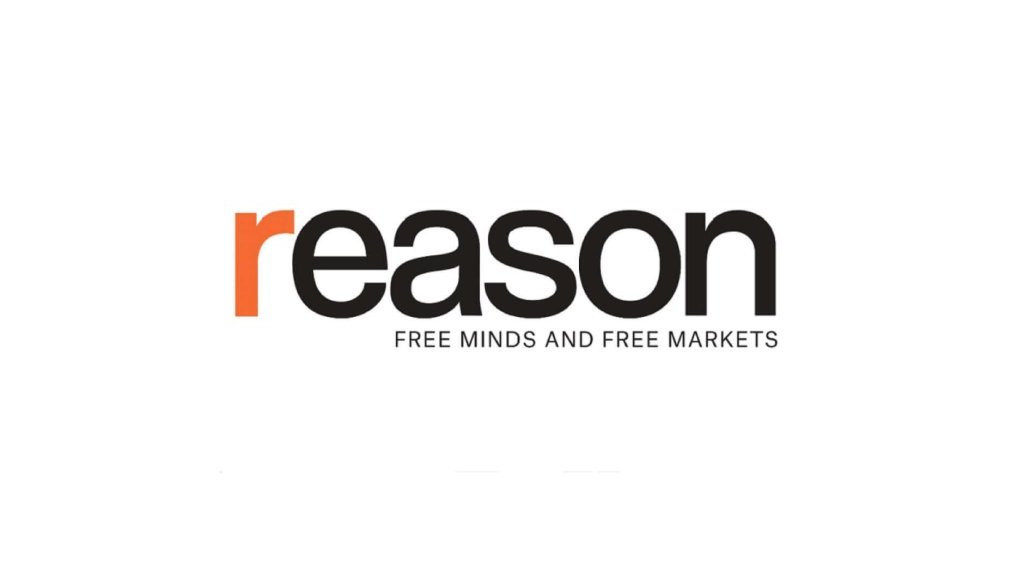Justice Kagan Rejects “Combination Theory” Claims For Separation of Powers Cases
In Employment Division v. Smith, Justice Scalia identified the concept of hybrid rights: a restriction that targets two constitutional rights would be reviewed with heightened scrutiny. For example, a ban on saying “Merry Christmas” would offend both the freedom of speech and the free exercise of religion. The hybrid rights doctrine was a useful way for Justice Scalia to distinguish the outcome in Smith with earlier free exercise clause cases that applied heightened scrutiny. Yet, this doctrine never quite caught on in the Free Exercise context.
Still, the hybrid rights doctrine always made sense to me as a logical matter. Sometimes the whole is greater than the sum of the parts. Even if individual features of some policy are barely constitutional, when those features are combined, the policy becomes unconstitutional. The Court employed this reasoning in Free Enterprise Fund, in which the two layers of insulation triggered a violation of the Appointments Clause.
In two recent separation of powers cases, the Fifth Circuit adopted this sort of combination logic.
In CFSAA v. CFPB, the Fifth Circuit found that several factors of the structure of the CFPB, when combined, violated the Appropriations Clause:
Taken together, the Bureau’s express insulation from congressional budgetary review, single Director answerable to the President, and plenary regulatory authority combine to render the Bureau “an innovation with no foothold in history or tradition.” Seila Law, 140 S. Ct. at 2202.
And more recently, in Consumers’ Research v. FCC, the en banc Fifth Circuit found that the combination of
Article from Reason.com

The Reason Magazine website is a go-to destination for libertarians seeking cogent analysis, investigative reporting, and thought-provoking commentary. Championing the principles of individual freedom, limited government, and free markets, the site offers a diverse range of articles, videos, and podcasts that challenge conventional wisdom and advocate for libertarian solutions. Whether you’re interested in politics, culture, or technology, Reason provides a unique lens that prioritizes liberty and rational discourse. It’s an essential resource for those who value critical thinking and nuanced debate in the pursuit of a freer society.




